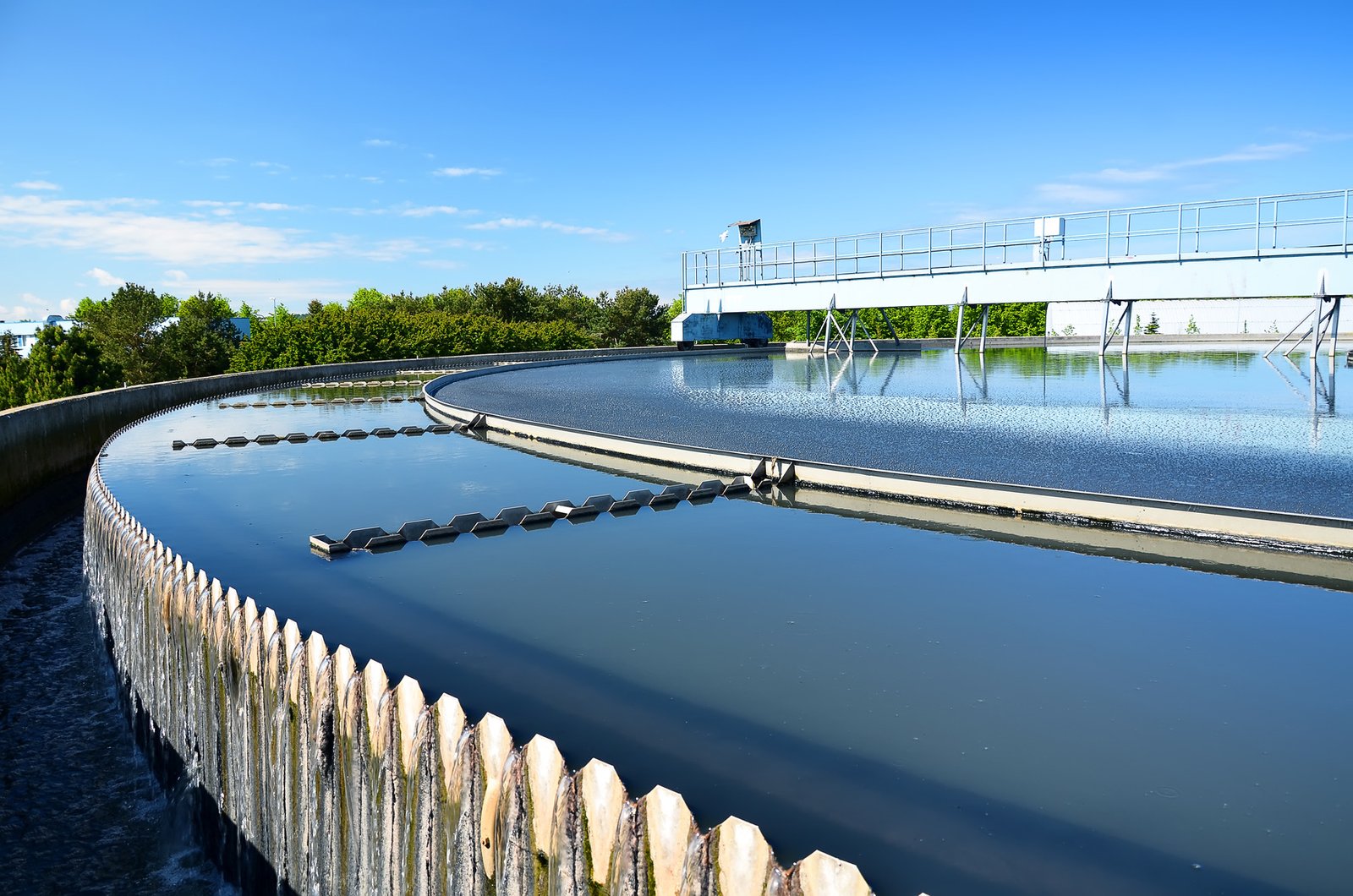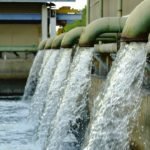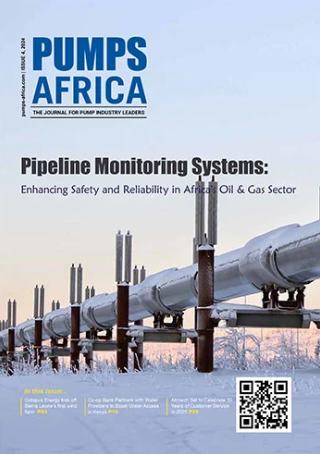Extension and development works of the Southern Meliane wastewater treatment plant in Radés, a harbor city in Ben Arous Governorate, Tunisia have commenced.
The North African country’s Minister of Local Affairs and Environment, Mustapha Laroui confirmed the report and said that the project aims to increase the capacity of the Méliane wastewater treatment plant to 90,000 m3 per day from the current 37,500 m3 per day.
Read: Construction of Tamale waste treatment plant in Ghana begins
Meliane wastewater treatment plant
The project includes the construction of an anaerobic digestion system for the settling sludge, as well as valorization into biogas. The National Sanitation Office (ONAS) of Tunisia which is the projects implementing body is also planning to reinforce the deodorization system of the plant, as well as the construction of a sea outfall for the discharge of treated wastewater.
The Meliane wastewater treatment plant development and extension project is part of the De-pollution of the Mediterranean program (DEPOLMED) which is financed by the French Development Agency (AFD), the European Union, and the European Investment Bank to a tune of over US $167m.
The key objective of the program is to reduce water pollution in the region. It will enable the rehabilitation and extension of four coastal wastewater treatment plants in Sud Méliane, Sousse Nord, Jedaida, and Kelibia. It will also see the installation of 53 pumping stations and 29 000 connection boxes as well as the construction of 540 kilometers of wastewater collection networks. Ultimately, the program will help connect 60,000 inhabitants to sanitation networks and improve the quality of services for nearly 1.2 million people.
Tunisia has achieved the highest access rates to water supply and sanitation services among the Middle East and North Africa. As of 2011, access to safe drinking water became close to universal approaching 100% in urban areas and 90% in rural areas. The country provides good quality drinking water throughout the year.
Share






